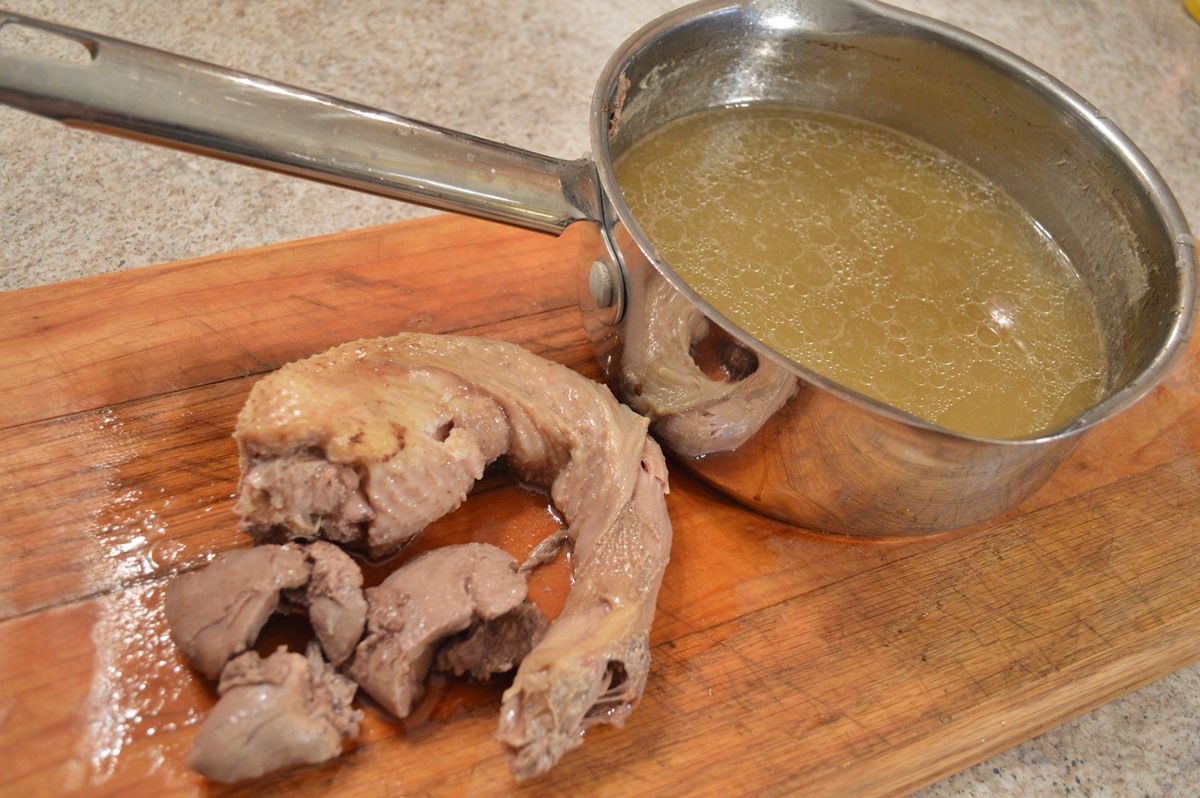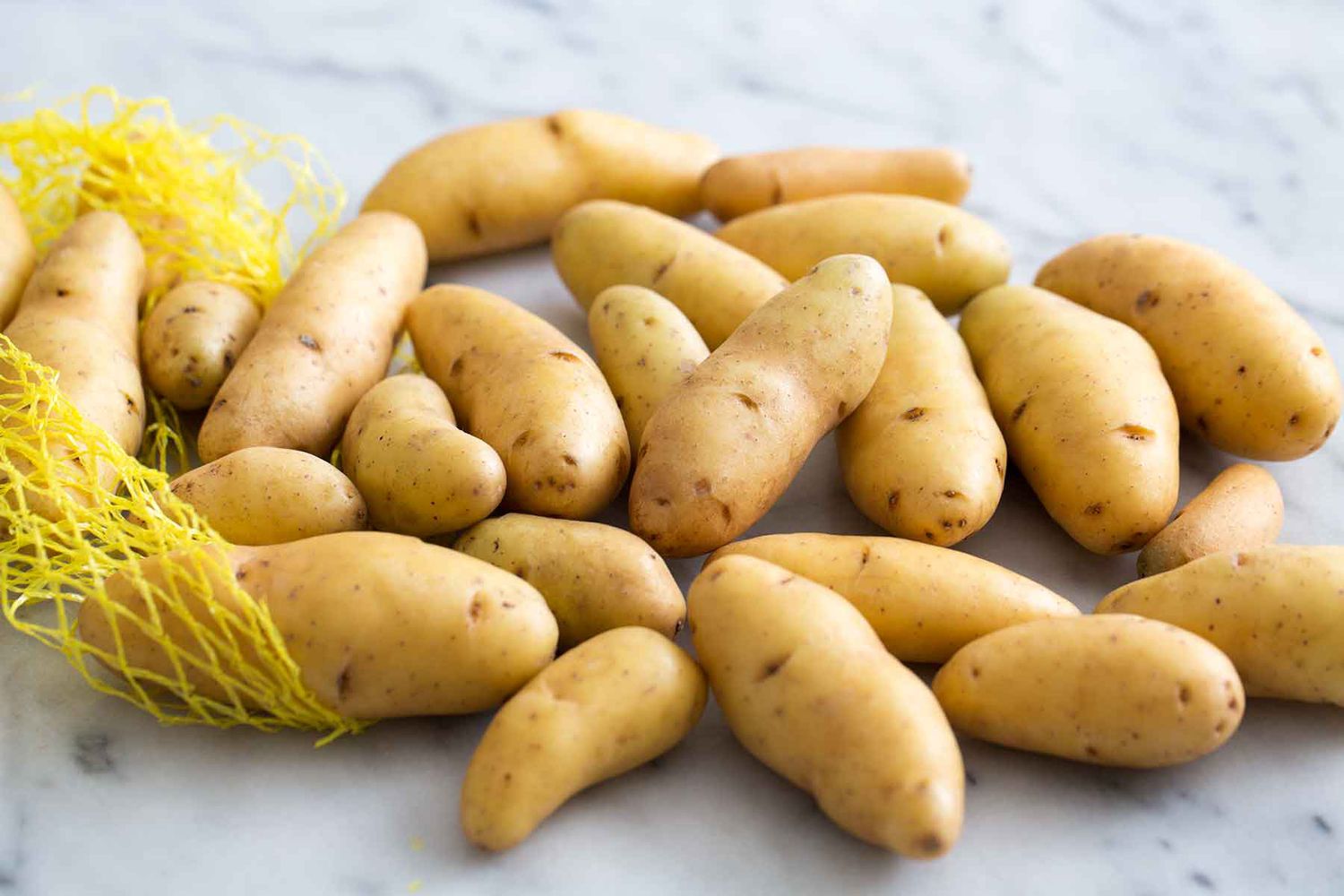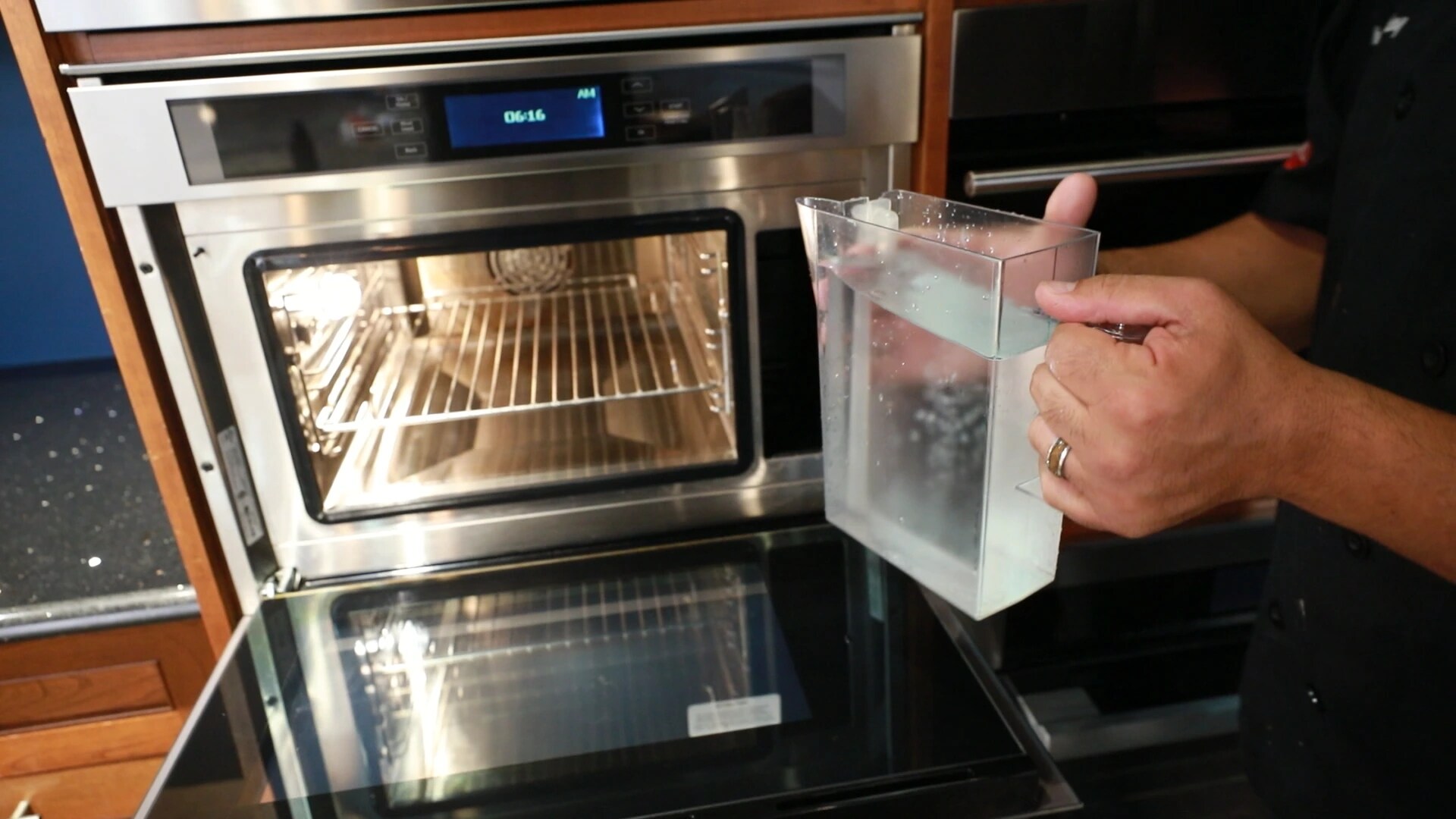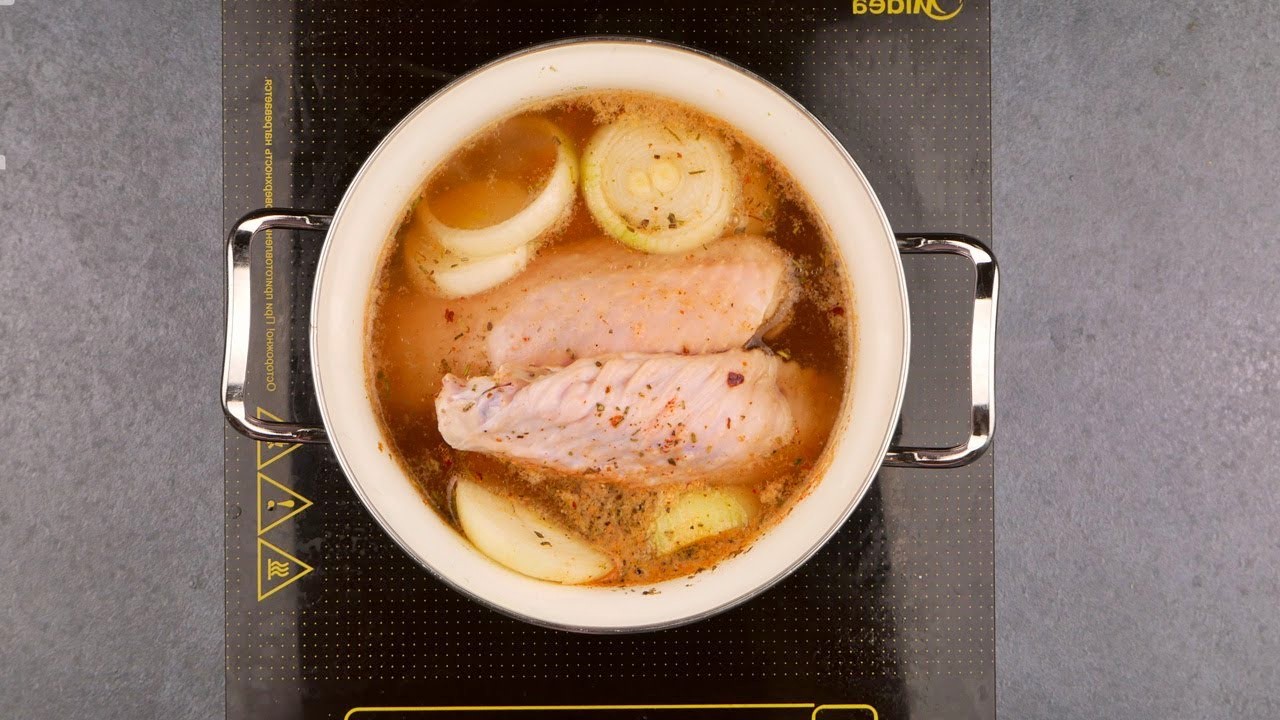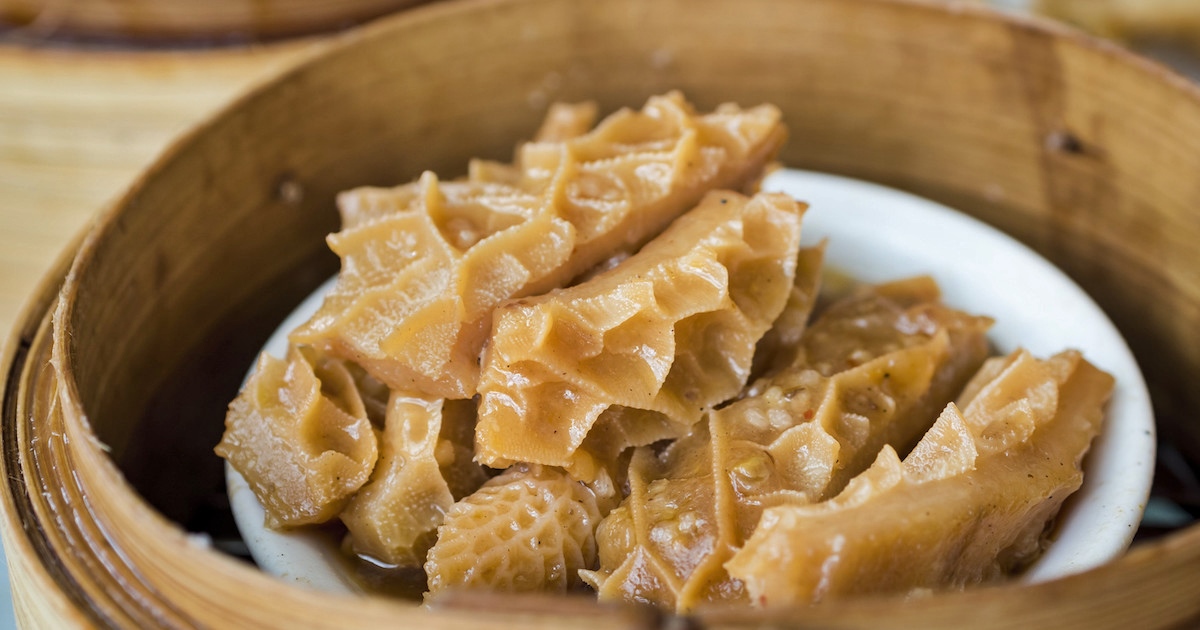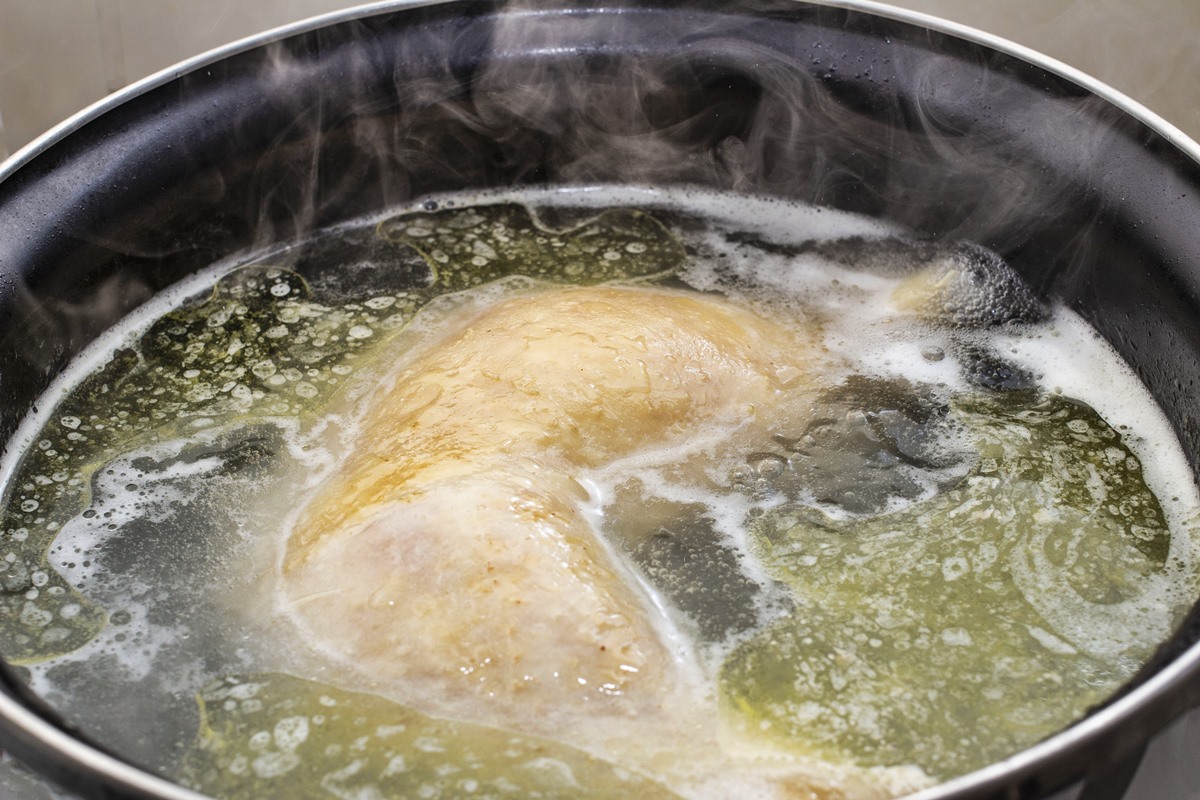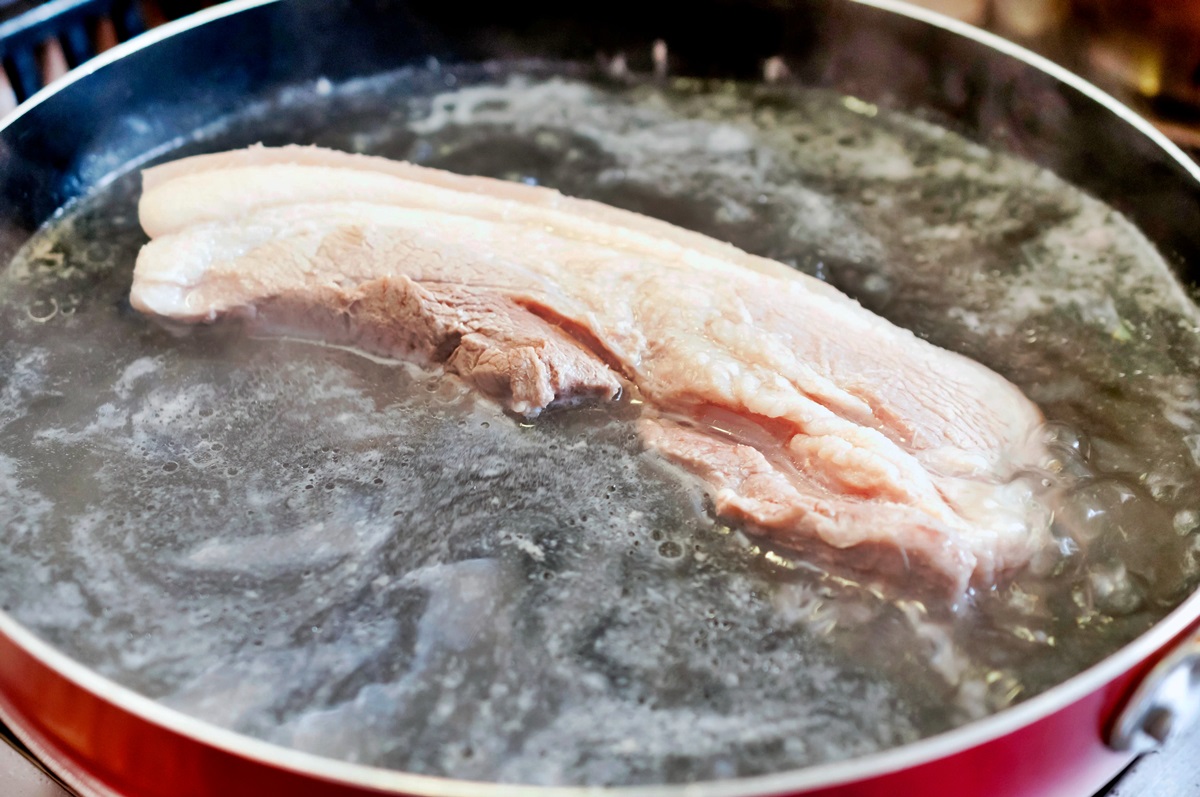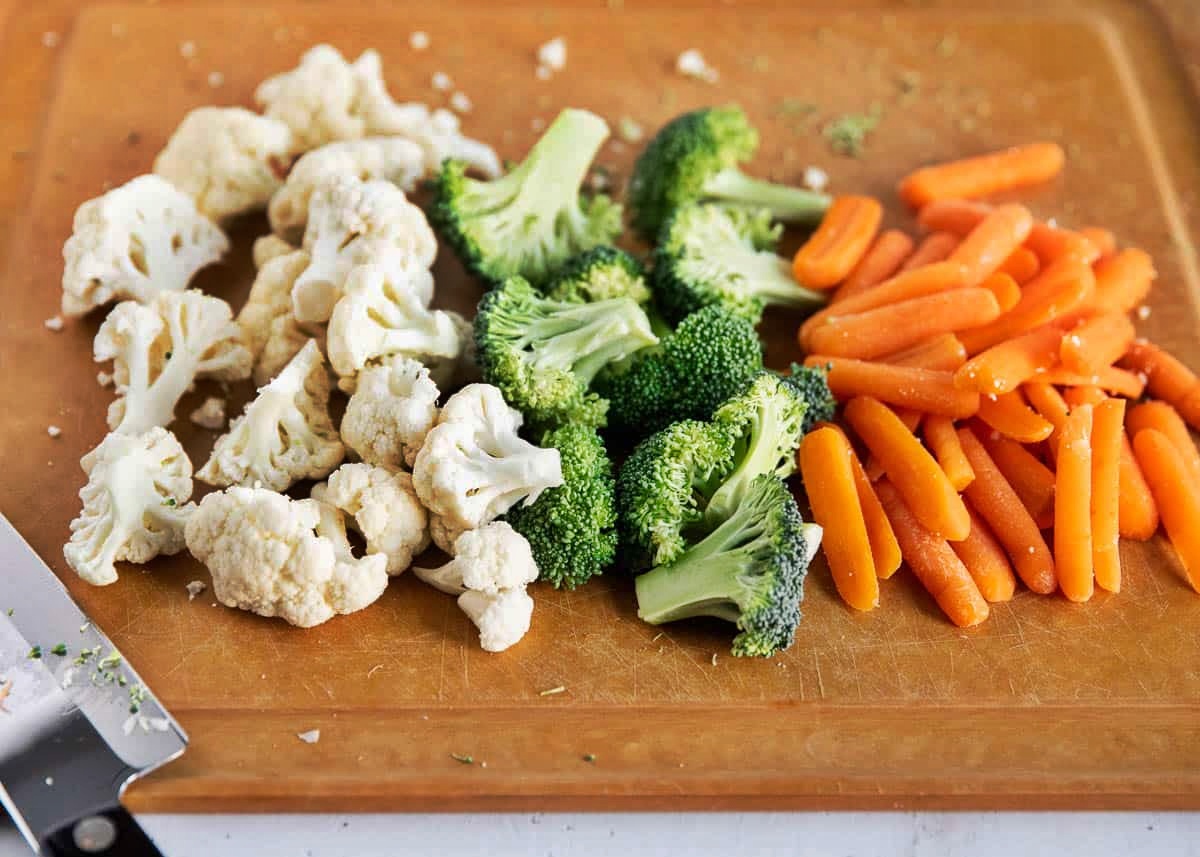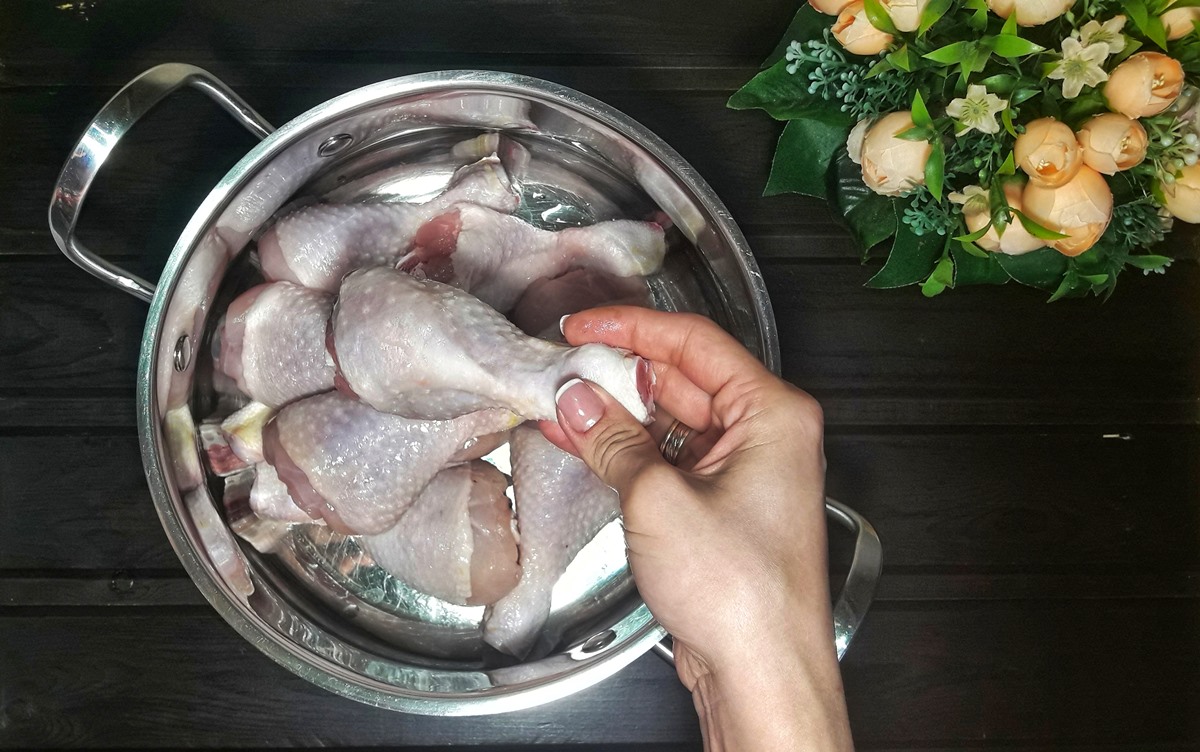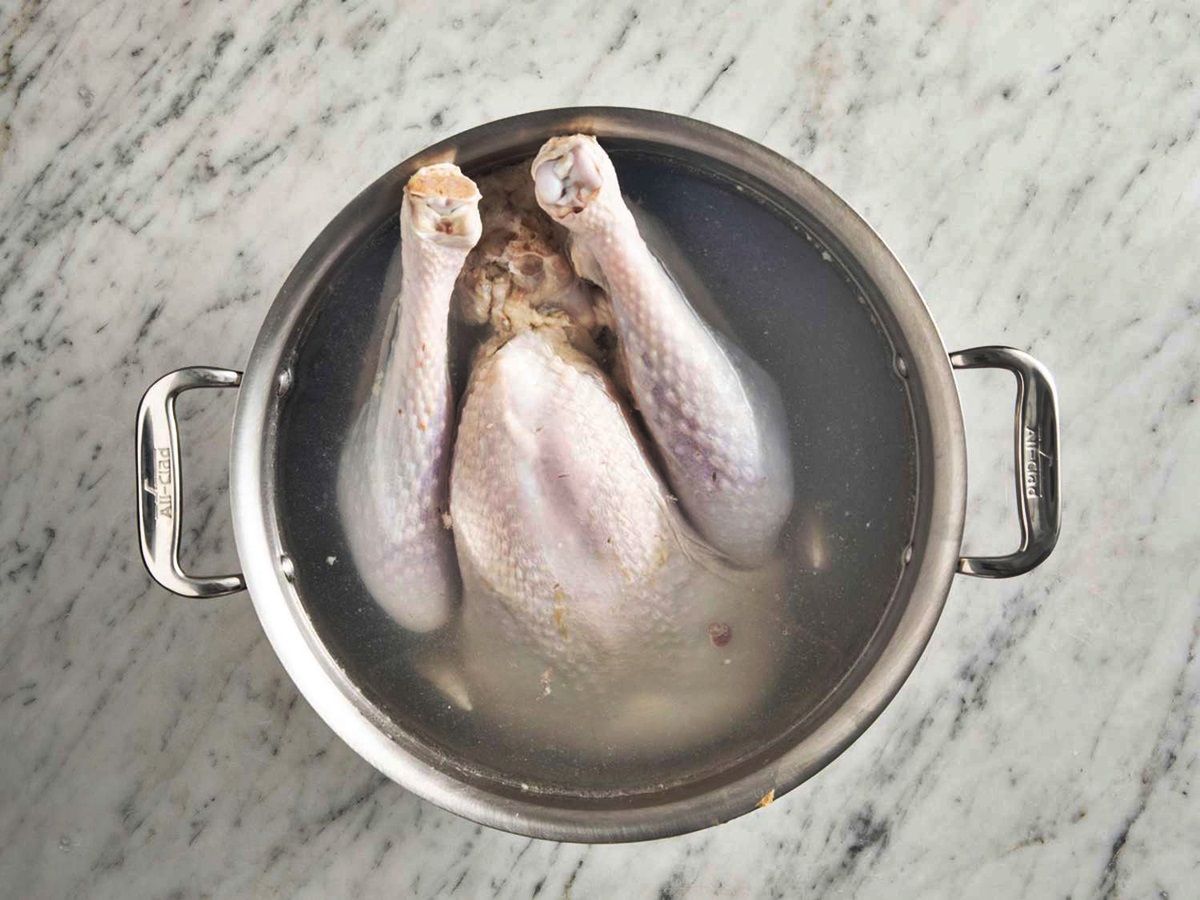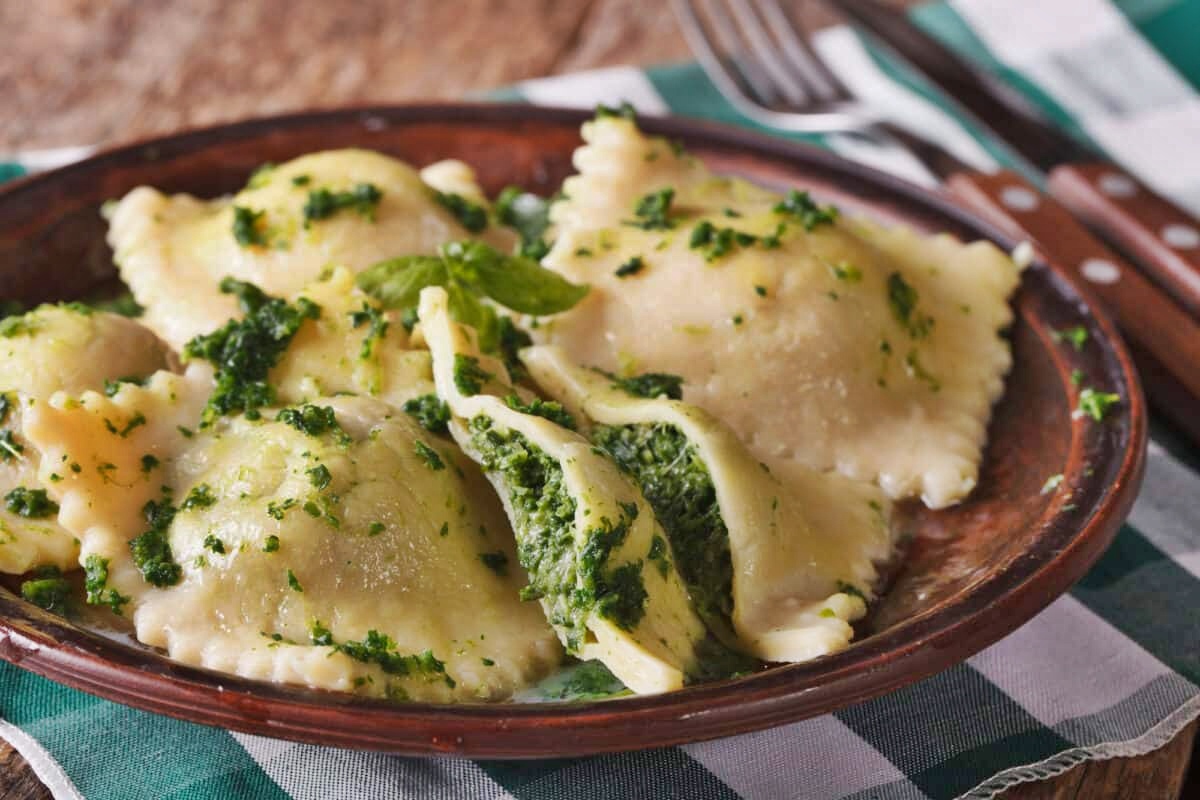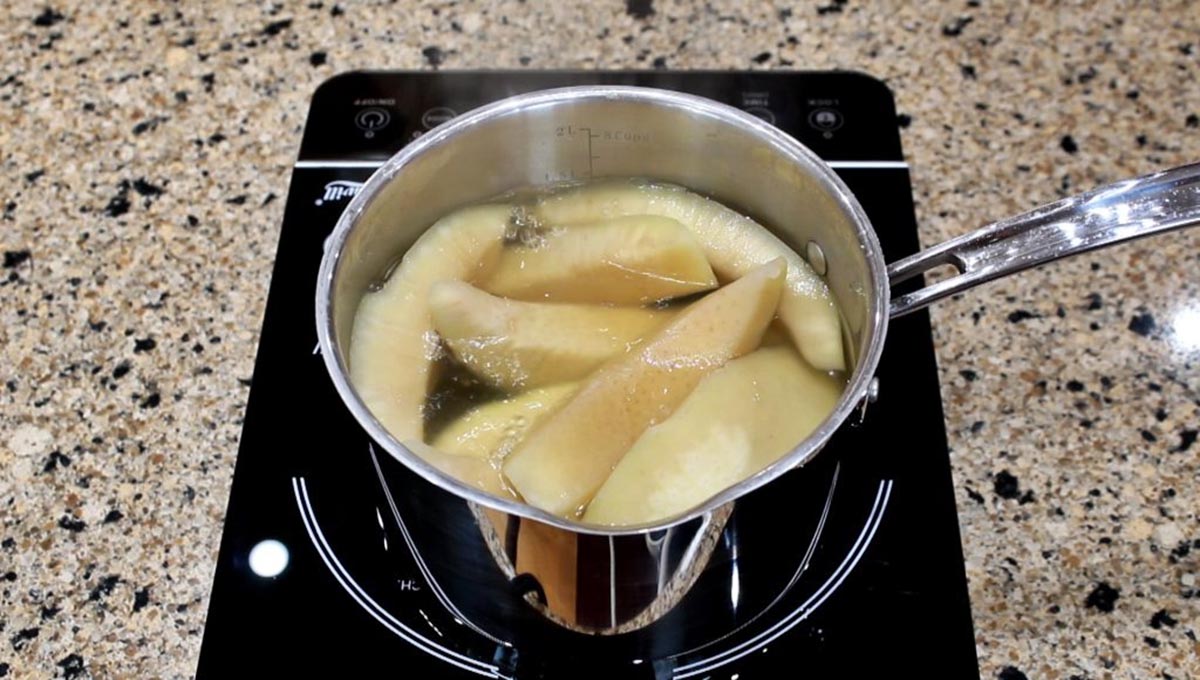Boiling spaghetti seems straightforward, yet achieving that perfect, non-sticky texture can sometimes feel like a culinary puzzle. Fear not, as mastering this skill is easier than you might think. With a few simple tricks up your sleeve, you'll ensure your pasta comes out beautifully separated and ready to mingle with your favorite sauce. From selecting the right pot size to understanding the importance of salt and oil, this guide will walk you through each step. Ready to transform your spaghetti game? Let's dive into the art of boiling spaghetti without it sticking together.
Essential Ingredients for Perfect Spaghetti
- Spaghetti
- Water
- Salt
- Olive oil
Must-Have Tools for Boiling Spaghetti
- Large pot
- Wooden spoon or fork
- Colander
- Stove
For non-sticky spaghetti, use plenty of water in a large pot. Add salt once boiling, then spaghetti. Stir occasionally. Cook to al dente, drain, and rinse briefly under cold water.
The Art of Perfect Spaghetti: Why It Matters
Boiling spaghetti without sticking is crucial for achieving perfect texture. Stirring pasta immediately after adding to boiling water prevents clumps. Using enough water allows noodles to move freely, reducing stickiness. This method ensures each strand cooks evenly, resulting in delicious, non-sticky spaghetti every time.
Adding salt to boiling water enhances flavor, but it's the oil that plays a pivotal role in preventing noodles from sticking together. A dash of oil in water creates a slight barrier around each strand, further ensuring they remain separate throughout the cooking process. This technique is a simple yet effective way to enjoy perfectly cooked spaghetti.
Your Ultimate Guide to Boiling Spaghetti
-
Fill a large pot with water: Ensure there's enough space for the spaghetti to move freely.
-
Turn on the heat: Set your stove to high until the water reaches a rolling boil.
-
Add salt: Generously salt the boiling water. This step is crucial for flavor.
-
Drop in the spaghetti: Carefully place your spaghetti into the pot. Use a gentle hand to avoid splashing hot water.
-
Stir immediately: Use a long spoon or fork to stir the spaghetti. This prevents the strands from sticking together at the initial stage.
-
Keep stirring: Every few minutes, give the spaghetti a quick stir. Consistent stirring is key to preventing clumps.
-
Check for doneness: Taste a strand of spaghetti after about 8 minutes. Continue checking every minute until it reaches your desired texture.
-
Drain the spaghetti: Once cooked, pour the spaghetti and water through a colander.
-
Rinse with cold water: Quickly rinsing the spaghetti under cold water stops the cooking process and removes excess starch, which can cause sticking.
-
Return to the pot: If you're not serving immediately, tossing the spaghetti back in the pot with a bit of olive oil can keep it from sticking.
-
Serve immediately: Ideally, serve your spaghetti as soon as it's drained and sauced to prevent sticking.
Mastering the Art of Perfect Pasta
Boiling spaghetti without it sticking is a simple yet crucial skill for any pasta lover. Remember, salt your water generously for flavor, keep the water at a rolling boil, and stir occasionally to prevent those pesky clumps. Choosing the right pot and using enough water lets each strand of spaghetti move freely, reducing the chances of sticking. A dash of oil can help, but it's not a must if you're stirring properly and using enough water. Once cooked to al dente perfection, a quick rinse under cold water can stop the cooking process and remove excess starch, ensuring your spaghetti doesn't turn into a sticky mess. With these tips, you'll enjoy perfectly cooked, non-sticky spaghetti every time. So, grab your pot, and let's make some delicious pasta that'll impress everyone at the table.
More Delicious Spaghetti Recipes to Try
Having mastered the art of boiling spaghetti without it sticking, why not put your new skills to the test with a variety of delectable recipes? From the robust flavors of Hearty_Bolognese_Recipe to the simple yet satisfying Simple_Aglio_e_Olio_Recipe, there's a dish to suit every palate. We particularly recommend trying the Creamy_Carbonara_Recipe for a creamy, comforting meal, or the vibrant Zesty_Puttanesca_Recipe for something with a bit of a kick. These recipes not only allow you to practice your pasta-cooking prowess but also help expand your culinary repertoire with international flavors.
All Your Questions About Spaghetti Answered
How long should I boil spaghetti?
Aim for about 8-10 minutes, but always check the package for specific recommendations. Perfectly cooked pasta should be al dente, meaning firm to the bite, not mushy.
What's the trick to prevent spaghetti from sticking together?
Right after you drop your spaghetti into boiling water, give it a good stir. This initial stir separates the strands, reducing the chance of them sticking. Also, stirring occasionally throughout the cooking process helps keep them apart.
Do I need to add oil to the pasta water?
Nope, adding oil isn't necessary. While some folks swear by this method, it's actually more effective to ensure there's enough water in your pot and to stir your pasta regularly. Oil can make the pasta slippery, which means sauces won't cling as well later on.
How much water should I use to boil spaghetti?
Use plenty of water – a good rule of thumb is about 4 quarts of water for every pound of pasta. This gives the spaghetti ample space to move around, minimizing sticking.
Is salt important when boiling spaghetti?
Absolutely, salt is crucial. It doesn't prevent sticking, but it does season the pasta from the inside out, providing depth of flavor. Add salt to the boiling water before adding your pasta; about 1 to 2 tablespoons for a large pot.
Can I reuse pasta water?
Sure, pasta water is like liquid gold in the kitchen! Its starchy goodness can help thicken sauces. Just remember to save a cup or so before you drain your pasta. But for a fresh pot of pasta, start with fresh water.
What's the best way to drain spaghetti?
Use a colander or pasta strainer. Once your spaghetti is done, pour it into the colander but don't rinse it. Rinsing can cool the pasta too quickly and wash away some of its natural flavors and starches that help sauces cling.
How do I know if my spaghetti is overcooked?
Overcooked spaghetti becomes soft and loses its chewy texture. To avoid this, start tasting a few strands about 2 minutes before the suggested cooking time on the package. If it sticks to the wall when thrown, it's not a reliable test for doneness; trust your taste buds instead.
Was this page helpful?
Read Next: How To Boil Leeks
